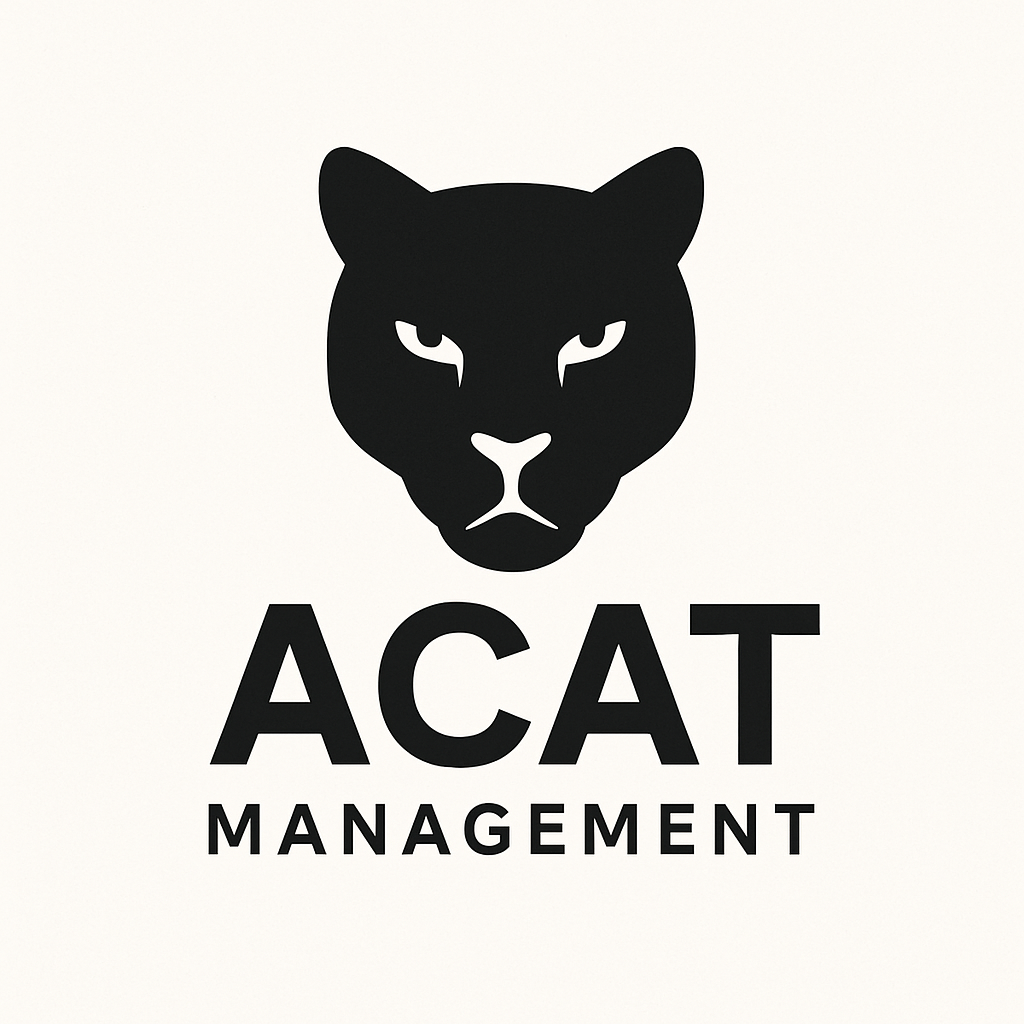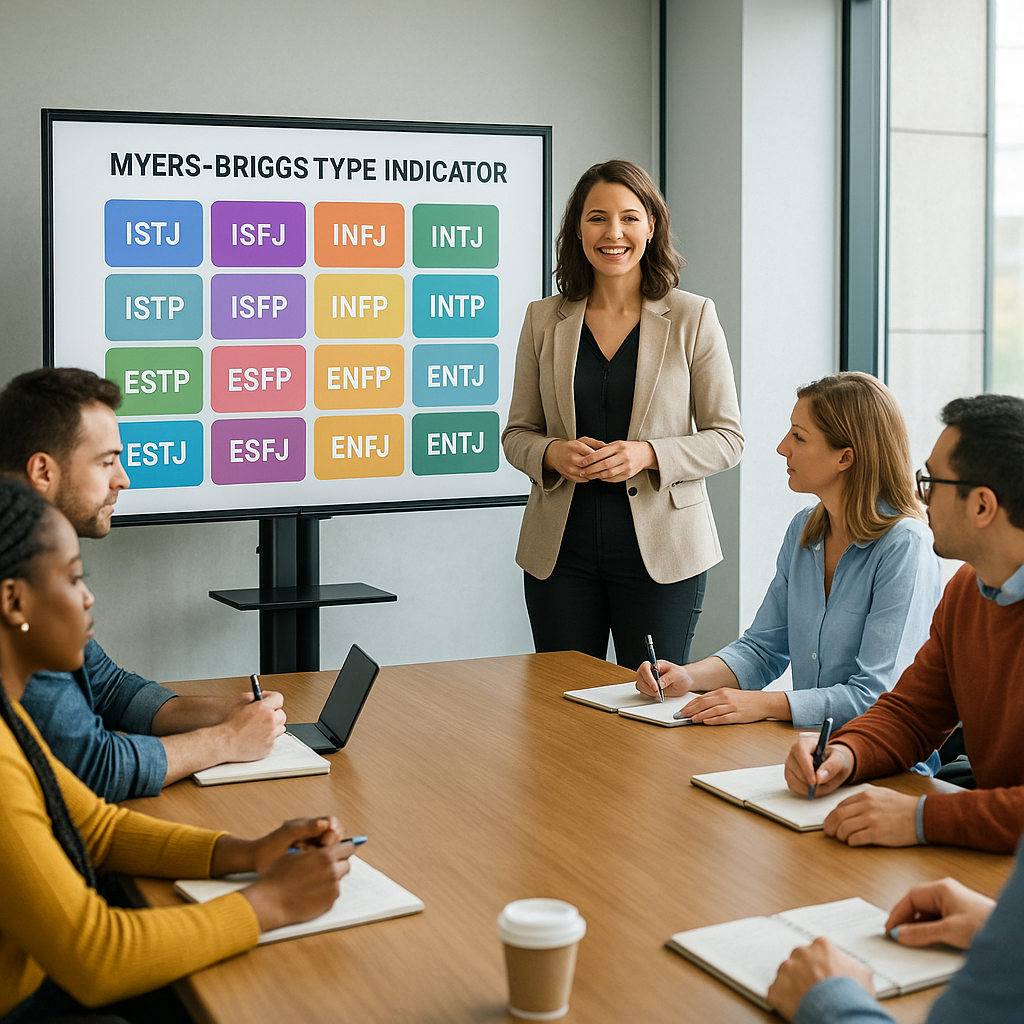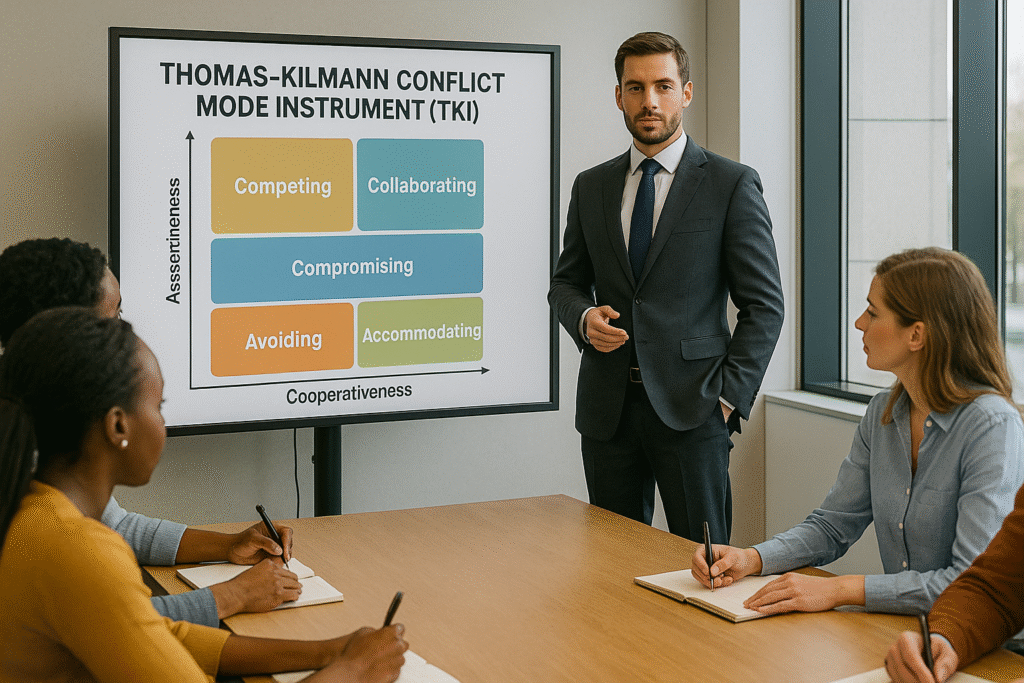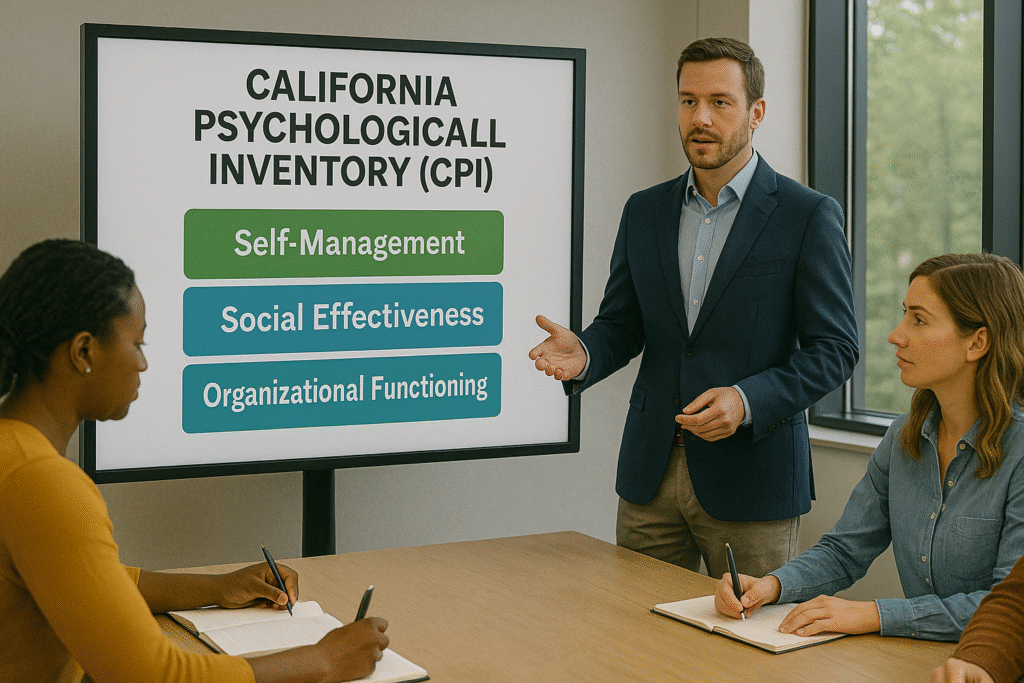United Force Management provides team-building and leadership training built around proven frameworks and practical experience. We partner with The Myers-Briggs Company and Gallup to deliver education materials and tailored coursework focused on leadership, communication, and organizational development. These programs help teams understand how they work, how they communicate, and how they make decisions. Let us develop custom training packages that align with an organization’s mission, culture, and operational needs.

ACAT training walks users step by step through UFM’s program management software, showing how it centralizes acquisition tasks, integrates documentation, and improves visibility across cost, schedule, and deliverables. Participants will learn how to maximize ACAT’s features to enhance collaboration, accountability, and efficiency within acquisition teams.

Myers-Briggs Type Indicator (MBTI)
The MBTI helps individuals and teams understand personality preferences in how people perceive the world and make decisions. By identifying strengths and blind spots, participants learn how to communicate more effectively, improve collaboration, and maximize team performance.

Strong Interest Inventory
The Strong Interest Inventory measures a person’s interests across a wide range of occupations, work activities, and environments. This tool is especially valuable for aligning individual motivations with organizational needs, ensuring employees are placed in roles where they can thrive and contribute.

Thomas-Kilmann Conflict Mode Instrument (TKI)
The TKI identifies how individuals approach conflict, offering insight into five distinct styles: competing, collaborating, compromising, avoiding, and accommodating. Participants learn how to adapt their conflict-handling strategies to different situations, leading to more constructive outcomes and healthier team dynamics.

Fundamental Interpersonal Relations Orientation (FIRO)
FIRO measures how people typically express and want inclusion, control, and affection in interpersonal relationships. By increasing awareness of these behaviors, teams can strengthen trust, reduce friction, and create more effective working relationships.

California Psychological Inventory (CPI)
The CPI provides insight into interpersonal style and leadership potential. With a focus on practical, everyday behavior, it helps participants understand how they are perceived by others, making it a useful tool for leadership development, team building, and organizational growth.

Negotiation Skills Training
This training equips participants with practical strategies to negotiate effectively in a variety of settings—from business deals to workplace discussions. Emphasis is placed on preparation, identifying interests, building rapport, and reaching agreements that serve mutual goals while protecting critical priorities.